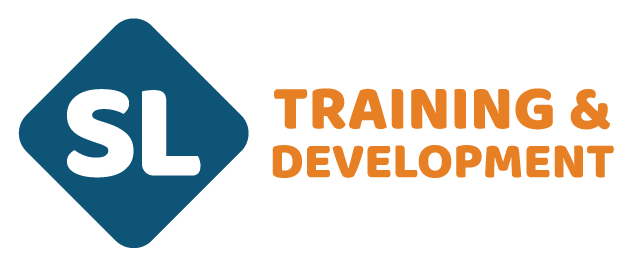
The Importance of Assessor Qualifications in Workplace Training In today's fast-evolving business landscape, employers need effective workplace training as it is essential for maintaining a competitive edge. A critical component of this training process is the use of workplace assessment. Workplace Assessors are technical experts and industry professionals responsible for evaluating employees' competencies and ensuring training programmes meet industry standards. To maintain credibility and effectiveness, it is imperative that workplace Assessors possess a recognised assessing qualification .

Using Professional Discussion as an Assessment Method: A Guide for Assessors Professional discussion is an effective and versatile assessment method that allows learners to demonstrate their knowledge, skills, and links to competencies in a structured, yet flexible, manner. This method is widely used across various industries, particularly in vocational and competency-based education, where learners need to showcase practical expertise beyond written work and evidence.

The Level 5 Diploma in Education and Training (known as the DET) is the current, up to date Level 5 teaching qualification. This was introduced in 2014 and replaced the Level 5 Diploma in Teaching in the Lifelong Learning Sector (DTLLS). The DET sits within the Education and Training suite of qualifications, alongside the Level 3 Award in Education and Training (AET) and the Level 4 Certificate in Education and Training (CET). The Level 5 Diploma in Education and Training has been and still is a very flexible and valuable qualification for vocational Teachers, Trainers and Tutors to gain, opening up opportunities for employment and linked to QTLS. The structure of the qualification units provides bespoke pathways for learners to follow, based on their own role or how they want to develop.

There seems to be a great deal of confusion about the current qualifications available for assessors, with lots of mixed and sometimes inaccurate information provided to people. This post sets out to clarify a few things: What is current? What no longer exists? Do you need to update? How you can upgrade.

The Importance of Assessor Qualifications in Workplace Training In today's fast-evolving business landscape, employers need effective workplace training as it is essential for maintaining a competitive edge. A critical component of this training process is the use of workplace assessment. Workplace Assessors are technical experts and industry professionals responsible for evaluating employees' competencies and ensuring training programmes meet industry standards. To maintain credibility and effectiveness, it is imperative that workplace Assessors possess a recognised assessing qualification .

Using Professional Discussion as an Assessment Method: A Guide for Assessors Professional discussion is an effective and versatile assessment method that allows learners to demonstrate their knowledge, skills, and links to competencies in a structured, yet flexible, manner. This method is widely used across various industries, particularly in vocational and competency-based education, where learners need to showcase practical expertise beyond written work and evidence.









